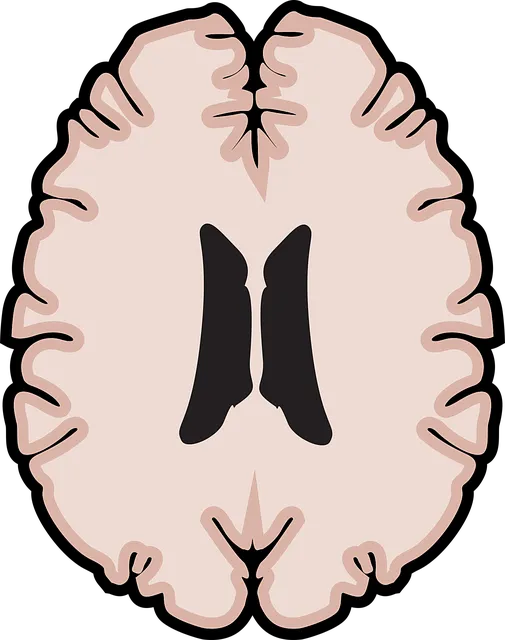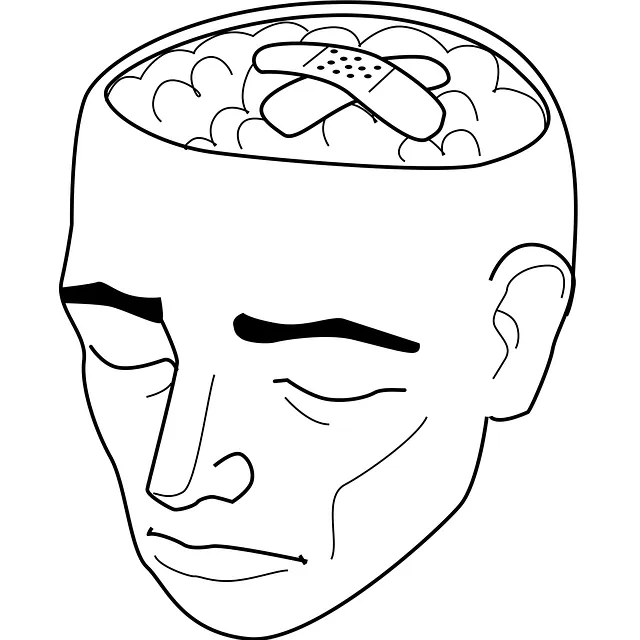The Kaiser Permanente mental health facility in Lakewood prioritizes cultural competency as a driver of equitable care, addressing diverse patient needs by understanding and respecting individual cultural backgrounds. They overcome challenges like unaddressed healthcare provider biases and communication differences through ongoing training, trauma-informed services, and educational programs. Their comprehensive approach includes interactive workshops, case studies, and expert speakers, focusing on areas like depression prevention and crisis intervention. Success is evaluated using multi-faceted methods including workshop tracking, satisfaction surveys, patient and staff feedback, and pre-post data comparisons, fostering an inclusive healthcare environment.
Healthcare provider cultural competency training is an essential component of high-quality care, especially within diverse communities served by organizations like Kaiser Permanente’s Mental Health Facility in Lakewood. This article explores the critical need for such training, focusing on Kaiser Permanente Lakewood’s commitment to understanding and overcoming barriers to culturally competent care. We delve into best practices for effective training programs and evaluation methods to measure success, ensuring improved patient outcomes and enhanced community trust.
- Understanding Cultural Competency in Healthcare: Why It Matters for Kaiser Permanente Mental Health Facility Lakewood
- Identifying and Overcoming Barriers to Cultural Competent Care at the Lakewood Location
- Best Practices for Training Programs: Enhancing Cultural Awareness Among Staff at Kaiser Permanente Mental Health Facility
- Measuring Success: Evaluation Methods for Assessing Cultural Competency Improvements at the Lakewood Facility
Understanding Cultural Competency in Healthcare: Why It Matters for Kaiser Permanente Mental Health Facility Lakewood

Cultural competency is an essential aspect of healthcare that Kaiser Permanente Mental Health Facility Lakewood recognizes as a cornerstone for delivering effective and equitable care to its diverse patient population. This concept goes beyond treating symptoms; it involves understanding and respecting cultural backgrounds, beliefs, and values to create inclusive environments that foster better health outcomes. In the context of mental health services, this approach is particularly vital.
For Kaiser Permanente Mental Health Facility Lakewood, culturally competent care means empowering individuals from various cultural groups to manage their mental well-being. By incorporating cultural insights into therapy sessions, the facility can facilitate the development of coping skills and mood management strategies that resonate with each patient’s unique background. This personalized approach not only enhances therapeutic outcomes but also builds confidence in seeking support for mental health concerns, ensuring a more inclusive and accessible healthcare environment.
Identifying and Overcoming Barriers to Cultural Competent Care at the Lakewood Location

Identifying barriers to cultural competent care is the first step towards creating a more inclusive environment at the Kaiser Permanente mental health facility in Lakewood. One significant challenge is the potential for unaddressed cultural biases and assumptions among healthcare providers, which can lead to misunderstandings and miscommunications with patients from diverse backgrounds. For instance, differences in expressive culture or communication styles may hinder effective treatment planning. To overcome these barriers, ongoing training on conflict resolution techniques can equip staff with tools to navigate sensitive situations and foster stronger patient-provider relationships.
Additionally, ensuring access to trauma support services tailored to various cultural contexts is vital. Many patients at the Lakewood facility may have experienced intergenerational trauma, shaped by unique historical and societal experiences. Incorporating culturally sensitive practices in mental healthcare requires a deep understanding of these traumatic legacies. Through education on cultural sensitivity in mental healthcare practice, providers can develop empathy, adapt their therapeutic approaches, and create a safe space for healing to begin.
Best Practices for Training Programs: Enhancing Cultural Awareness Among Staff at Kaiser Permanente Mental Health Facility

At the Kaiser Permanente mental health facility in Lakewood, best practices for cultural competency training emphasize a holistic approach to enhancing staff awareness. The program incorporates diverse educational methods, including interactive workshops, case studies reflecting real-life scenarios at the facility, and expert guest speakers from various cultural backgrounds. This immersive learning environment encourages staff members to critically examine their own biases and develop strategies for providing culturally sensitive mental healthcare.
Beyond general cultural sensitivity in mental healthcare practice, the training delves into specific areas such as depression prevention and crisis intervention guidance. By tailoring sessions to address these critical aspects, the facility ensures that staff are equipped with the necessary tools to effectively support patients from different cultural backgrounds while addressing their unique mental health needs.
Measuring Success: Evaluation Methods for Assessing Cultural Competency Improvements at the Lakewood Facility

Evaluating the effectiveness of cultural competency training is a vital step in ensuring positive changes at the Kaiser Permanente mental health facility in Lakewood. Measuring success goes beyond simple satisfaction surveys; it requires a multifaceted approach to assess the genuine impact on patient care and staff interactions. One effective method involves tracking improvements in specific areas, such as communication skills and conflict resolution techniques, through regular workshops and training sessions. By comparing pre- and post-training data, facilitators can gauge the adoption of mental wellness principles like mindfulness and emotional intelligence among healthcare providers.
Additionally, qualitative feedback from both patients and staff can provide rich insights into cultural competency improvements. Patient surveys focused on their experiences with cultural sensitivity and understanding can highlight areas where the facility excels or needs further enhancement. Similarly, staff interviews or focus groups can reveal changes in work dynamics, including better collaboration, improved conflict resolution strategies, and enhanced patient-provider relationships. These evaluation methods collectively help identify best practices and areas for continued development, fostering a more inclusive and effective healthcare environment at the Kaiser Permanente mental health facility in Lakewood.
Cultural competency training is a game-changer for the Kaiser Permanente mental health facility in Lakewood. By understanding and addressing barriers, implementing best practices in staff training, and utilizing evaluation methods to measure success, the facility can enhance patient care and create a more inclusive environment. This holistic approach ensures that every individual receives respectful, culturally competent treatment, ultimately improving outcomes for the diverse community served by Kaiser Permanente Lakewood.






